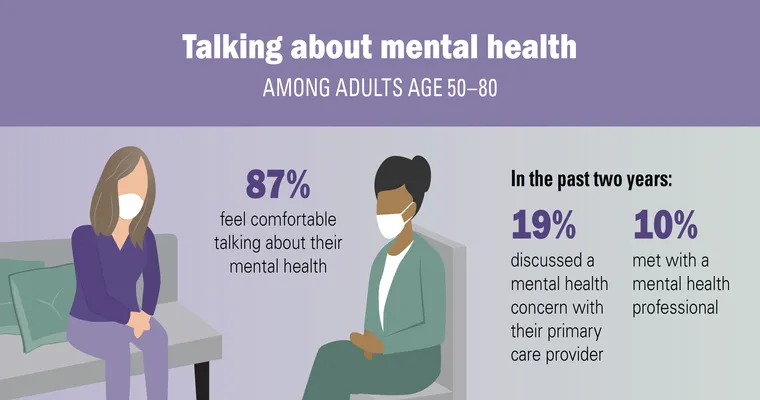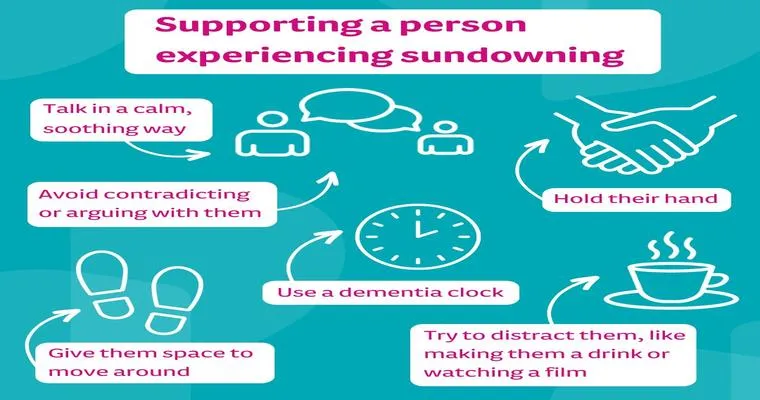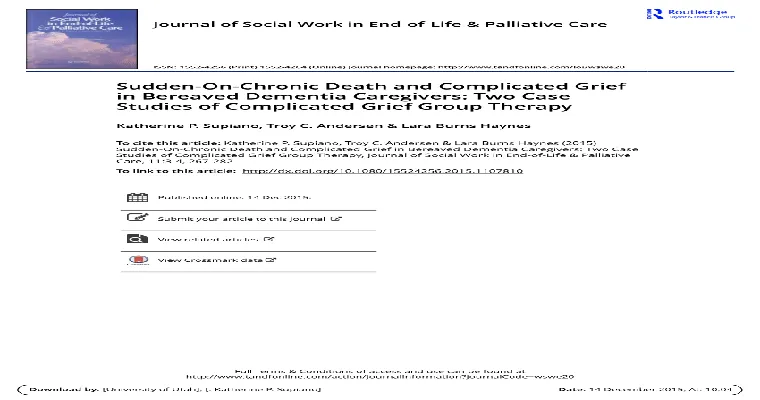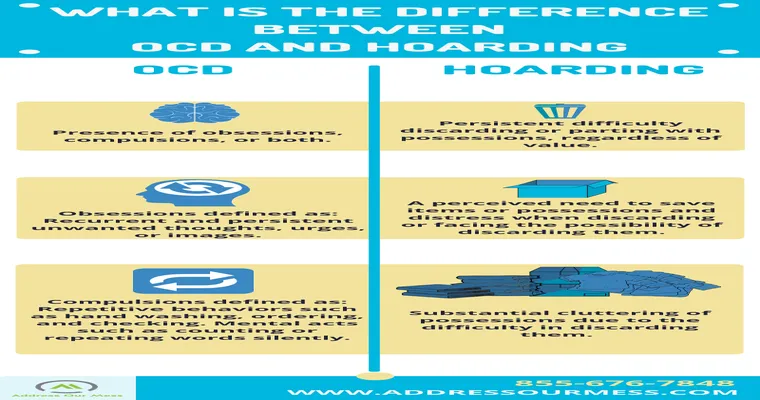When dealing with "agitation", many individuals consider medications such as "Zoloft" or "Xanax". These medications are commonly prescribed to manage symptoms associated with anxiety and mood disorders. Understanding the differences between these two medications and how they can help with agitation is essential for making informed decisions about mental health treatment.
Zoloft, known generically as "sertraline", is a selective serotonin reuptake inhibitor (SSRI) that is primarily used to treat depression and anxiety disorders. It works by increasing the levels of serotonin in the brain, which can help stabilize mood and reduce feelings of agitation. Patients taking Zoloft may experience relief from their symptoms over a few weeks, as the medication builds up in the system. It is essential to follow the prescribed dosage and consult with a healthcare provider about any potential side effects, which can include nausea, insomnia, and sexual dysfunction.
On the other hand, Xanax, which is a brand name for "alprazolam", belongs to the benzodiazepine class of medications. It is often prescribed for the short-term management of anxiety and panic disorders. Xanax works quickly to reduce symptoms of agitation by enhancing the effects of a neurotransmitter called gamma-aminobutyric acid (GABA) in the brain. While Xanax can provide rapid relief from agitation, it is generally recommended for short-term use due to the risk of dependence and withdrawal symptoms.
When considering Zoloft or Xanax for agitation, it is crucial to have an open discussion with a healthcare provider. They can help determine which medication may be more appropriate based on individual circumstances, including the severity of agitation, any underlying mental health conditions, and the potential for side effects.
In some cases, a healthcare provider may suggest a combination of therapies, including "cognitive-behavioral therapy (CBT)" or mindfulness practices, in conjunction with medication. These approaches can enhance the effectiveness of pharmacological treatments and provide patients with additional tools to manage agitation.
It is also important for patients to be aware of the potential interactions between these medications and others they may be taking. For instance, combining Xanax with certain antidepressants or alcohol can increase sedation and lead to adverse effects. Therefore, a thorough review of all medications and supplements with a healthcare provider is vital.
In conclusion, both Zoloft and Xanax can be effective options for managing "agitation". However, they serve different purposes and come with their own sets of benefits and risks. Consulting with a healthcare professional is the best way to navigate these options and find a treatment plan tailored to individual needs. By understanding how each medication works, patients can take proactive steps toward achieving better mental health and reducing symptoms of agitation.





